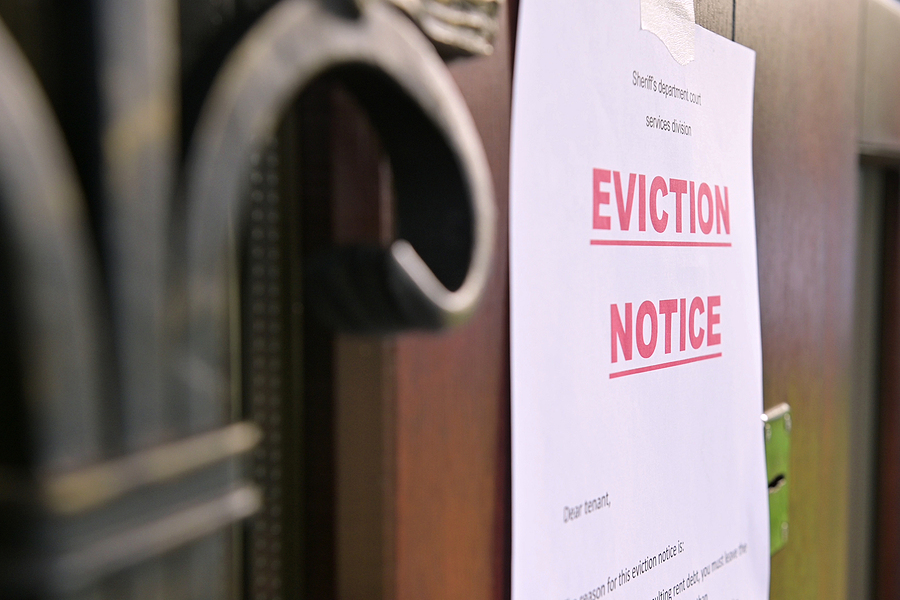The debate over the federal eviction moratorium is raising widespread concerns that renters may be facing a national-level crisis of evictions as landlords move to throw out tenants who are significantly behind in their rent payments.
Landlords, meanwhile, argue the moratorium has delivered a crushing financial blow to their industry, forcing them to scramble to make ends meet as much of their income stream has essentially vanished and they have been left with no means of recouping it.
The Biden administration has added its own uncertainly. After declaring an extension of the moratorium almost certainly illegal (“any call for a moratorium based on the Supreme Court’s recent decision is likely to face obstacles,” Biden said Tuesday) the CDC announced a modified extension targeting “counties experiencing substantial and high levels of community transmission levels” of Covid-19. It’s scheduled to last until Oct. 3, but is almost certain to face legal challenges.
The debate underscores the age-old tension between renters who sometimes struggle to make their monthly payments and property owners who struggle without those payments. Advocates on both sides claim the other needs to make the sacrifice. The result, whatever it may be, will surely be unpleasant for many.
The end of the moratorium could spell disaster, some experts are warning. Emily Benfer, a law professor at Wake Forest University and chair of the American Bar Association’s Task Force Committee on Eviction, told CNBC as many as 10 million Americans are behind on their rent and “could be at risk of eviction.”
“Eviction makes it incredibly challenging to secure housing in the future because it creates a mark on a person’s record,” Benfer told the news service. “Eviction prevention must be our national priority. Without it, we’ll see multi-generational impacts that our country will be hard-pressed to ever recover from.”
Center for American Progress analyst Jaboa Lake, meanwhile, argued in The Hill this week that lifting the moratorium will “likely create the worst national eviction crisis in U.S. history,” and that the country must find “permanent housing solutions” for those unable to afford rent.
Conversely, landlords say their own ability to afford the very housing their tenets rely on has been jeopardized by federal policy that has made them essentially unable to collect rent.
A lawsuit filed this week by a major landlord consortium argued that property owners throughout the country have “suffered enormous economic consequences” as a result of the moratorium due to their “continuing to incur all costs of ownership” while being unable to pull down any income. The suit estimated losses of tens of billions of dollars.
The WSJ reports one of the petitioners is a retiree who rents out a co-op as a supplement to her Social Security income. Without $24,720 in unpaid rent, she “has been forced to ask friends for donations to help make ends meet.” Another is a “single mom who was living with her fiancé, broke up with him, and is now effectively homeless.” She would like to move into a rental property that she owns, but it “remains occupied by non-paying holdover tenants.”
Efforts to resolve the tense standoff have been largely unsuccessful. The federal government has distributed billions in housing aid across the country, but much of it has failed to reach tenants and landlords, instead becoming ensnarled in bureaucratic pile-ups. Benfer told CNBC the failure has been “horrifying.”
Multiple states have instituted eviction moratoriums that extend beyond that of the federal government, buying residents a little more time to get their finances together and allowing policymakers several more weeks to try and craft some sort of solution.
In the meantime, both landlords and tenants appear locked against each other with opposing interests that don’t seem likely to be solved in the near future.
“Cities and states, over a year ago, were facing heightened eviction risk and had the opportunities to create this infrastructure,” Benfer said, “and the lack of attention and robust intervention has led to this moment where they’re unprepared to prevent the eviction surge.”
